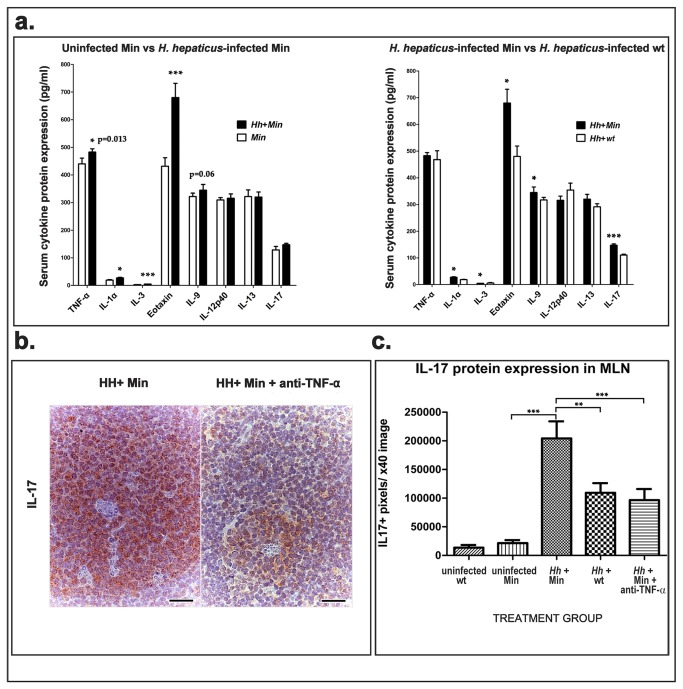Figure 2. Intestinal H. hepaticus infection triggers systemic elevations in pro-inflammatory cytokines.
A) Serum levels of pro-inflammatory cytokines were increased in Apc Min/+ mice after H. hepaticus infection. Eotaxin, IL-3, TNF-α and IL-1α were significantly elevated in comparison with age-matched uninfected Apc Min/+ controls. When compared with H. hepaticus infected wt mice, infected Apc Min/+ mice had significantly higher IL-17, IL-1α, IL-3, eotaxin and IL-9 concentration in their blood serum. Bio-Plex Cytokine Assay used sera of n=5 mice per group. ***p<0.001; *p<0.05. B) Paracortical areas in mesenteric lymph nodes. H. hepaticus infected Apc Min/+ mice at high risk of prostate cancer had large amounts of cytoplasmic and extracellular IL-17 that significantly decreased after depletion of TNF-α. IL-17-specific immunohistochemistry; Hematoxylin counterstain, DAB chromogen. Bars=25 μm. C) Morphometric assessment of IL-17 in immunohistochemically stained sections of mesenteric lymph nodes. Both Apc Min/+ genetic status and intestinal infection by H. hepaticus significantly correlate with a TNF-α-mediated increase of IL-17 expression in the mesenteric lymph nodes. ***p<0.001; **p<0.01; *p<0.05.

